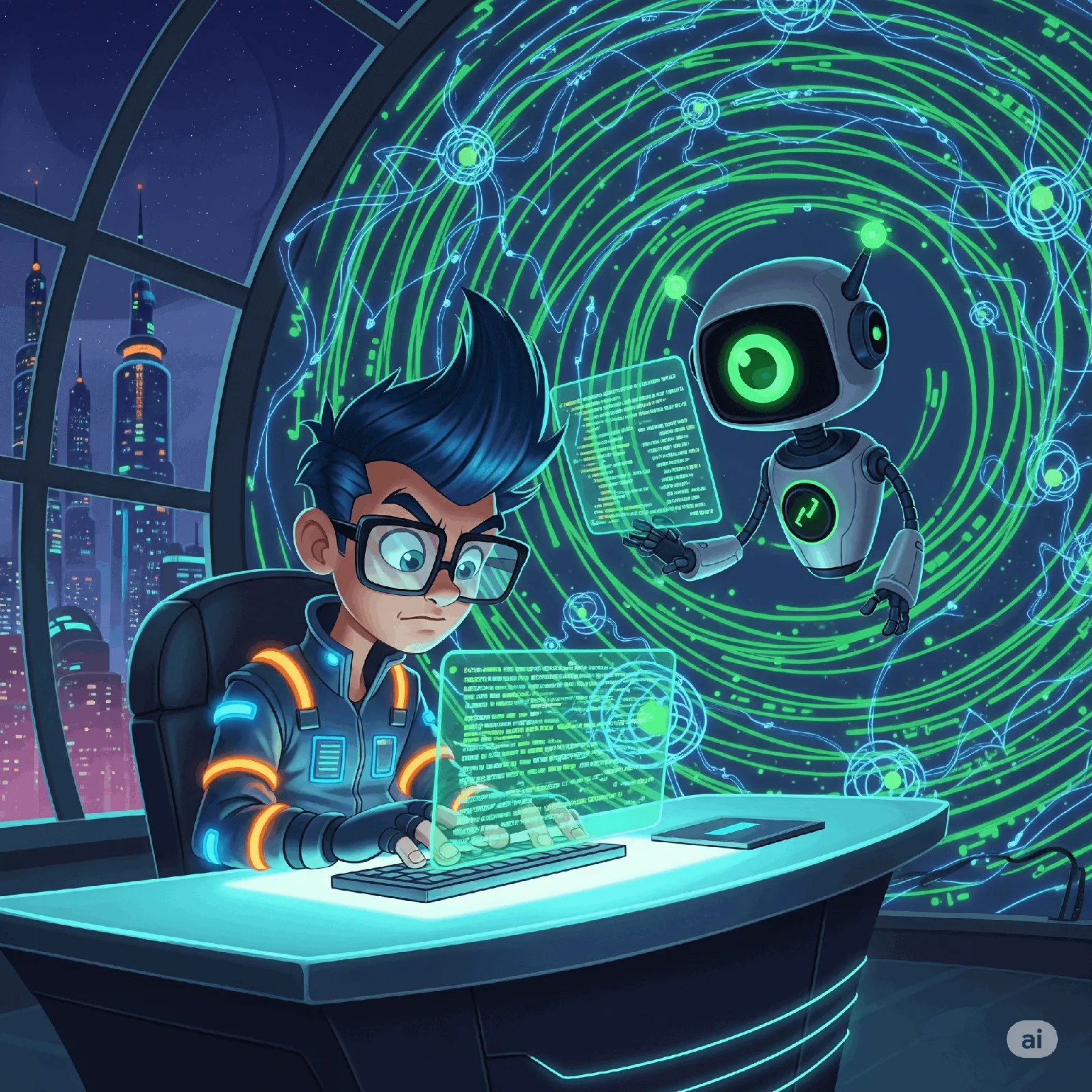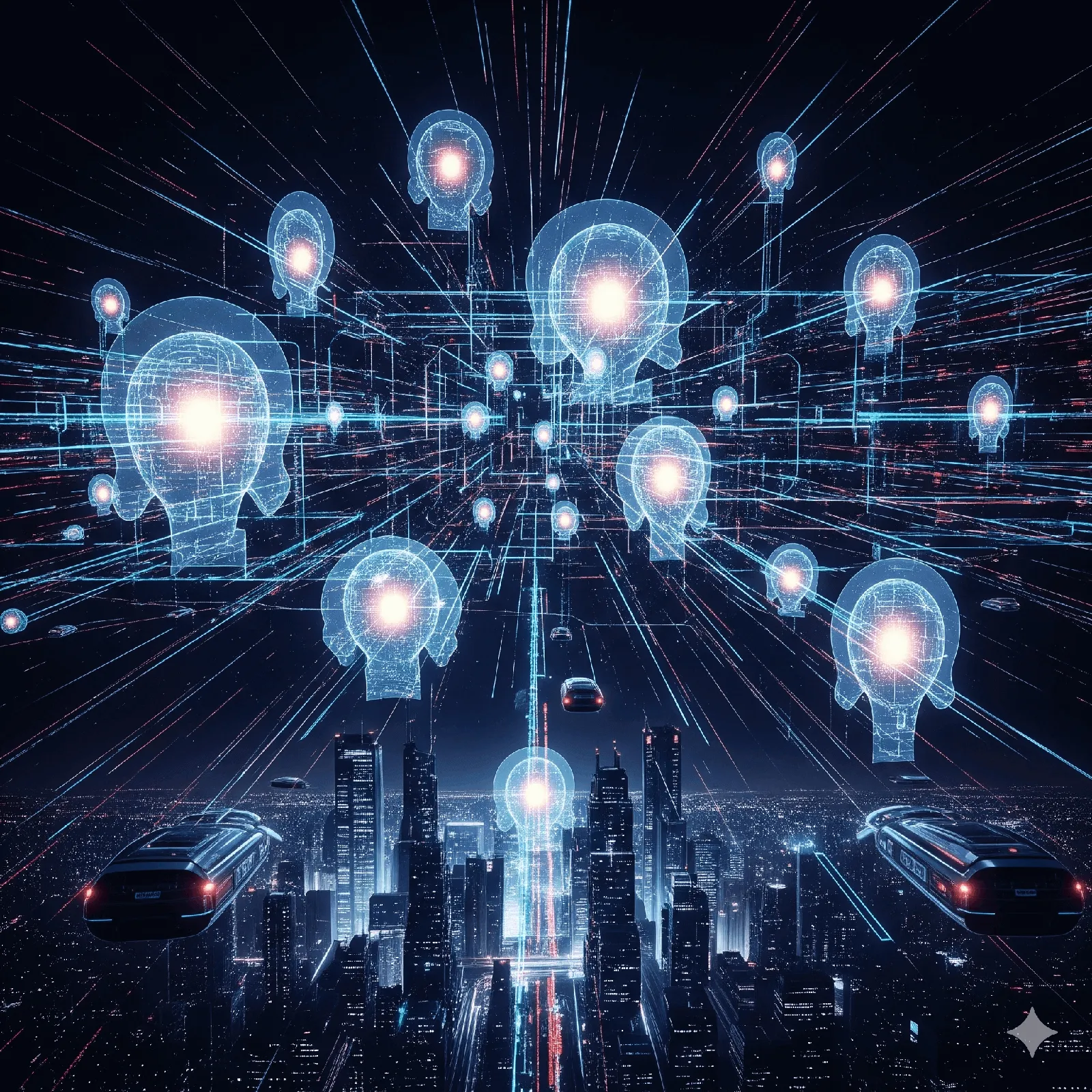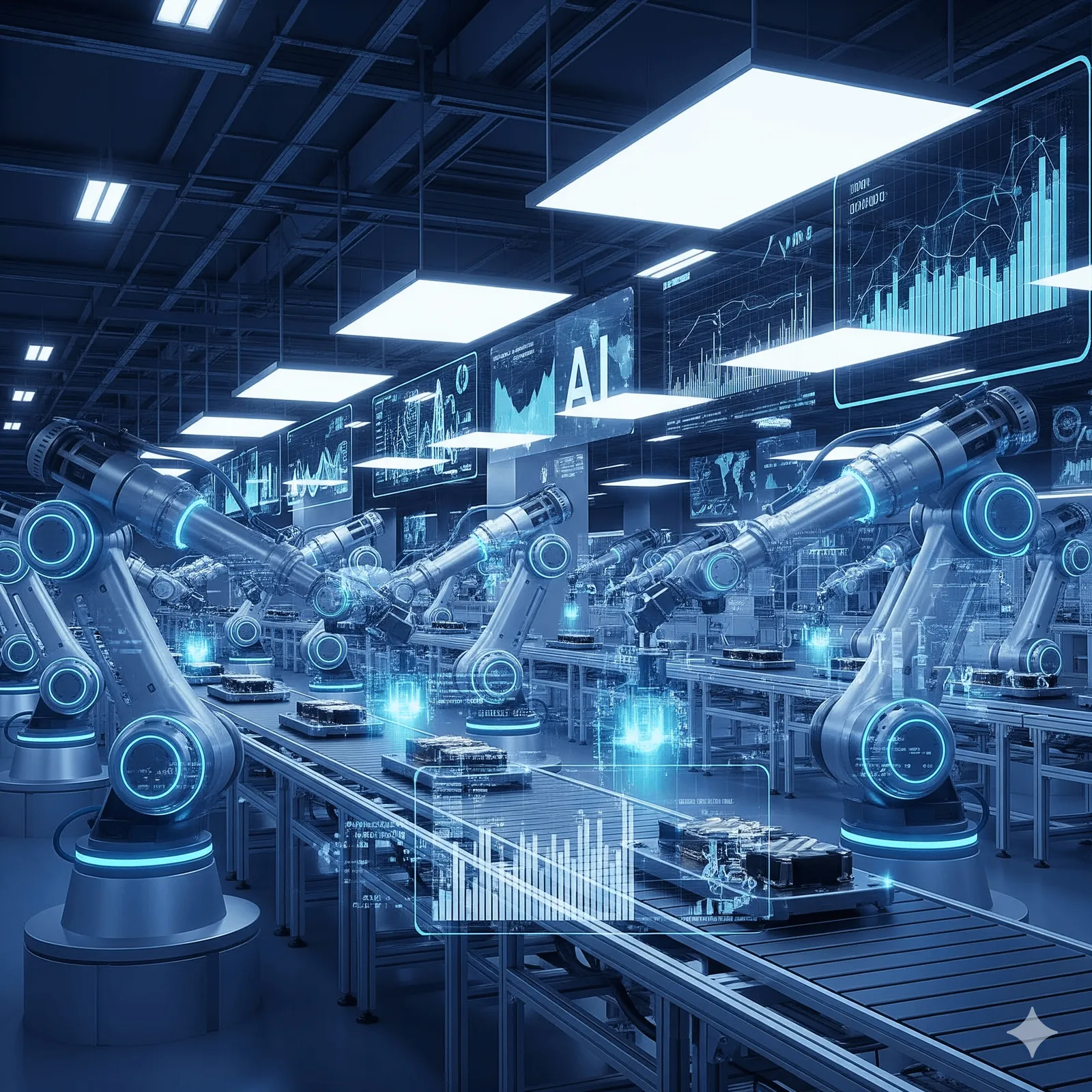AI Code Assistants: Your New Development Partner

The world of software development is in the midst of a seismic shift. The rise of AI-powered code assistants is not just changing how we write code; it’s fundamentally reshaping the entire development lifecycle. From solo developers to large enterprise teams, these intelligent tools are becoming indispensable partners, boosting productivity, and sparking a debate about the very future of the coding profession.
A recent Stack Overflow survey revealed some startling statistics:
- 80% of developers are now using AI tools in their workflow.
- However, trust in AI-generated code is declining, with only 29% of developers confident in its accuracy, down from 40% previously.
This data highlights the core paradox of AI in development today: incredible adoption driven by clear productivity gains, tempered by a healthy dose of professional skepticism.
Tools like GitHub Copilot, Tabnine, and Amazon’s CodeWhisperer are no longer novelties but essential components of the modern developer’s toolkit. They excel at:
- Automating repetitive and boilerplate code.
- Suggesting intelligent code completions.
- Generating entire functions from natural language descriptions.
The benefits for businesses are undeniable, leading to faster development cycles and a quicker path from idea to deployment.
However, the “close-but-not-quite” nature of AI suggestions, which can introduce subtle bugs, underscores the critical importance of human oversight. The developer’s role is evolving from a pure coder to a “human-in-the-loop” supervisor, responsible for guiding and validating the output of their AI partners.
The market is also seeing a new wave of innovation:
- AI-Driven Development Lifecycle (AI-DLC): A methodology pioneered by AWS to condense months of work into days.
- AI-native IDEs: Tools like Windsurf and Cursor are built from the ground up with AI at their core.
- Specialized, context-aware assistants: Platforms like CodeGPT can be trained on a company’s private codebase for more relevant and secure assistance.
This rapid evolution has also sparked a debate about the future of software development jobs. While some reports indicate that AI is leading to job displacement, particularly for junior developers, the prevailing view is that AI will augment, not replace, human developers. By automating the mundane, AI frees up engineers to focus on higher-level challenges like system architecture, creative problem-solving, and the orchestration of AI systems.
Looking ahead, the trend is moving towards more autonomous AI agents that can handle even more complex software development tasks. The vision is a future where developers focus less on writing lines of code and more on high-level system design, creative problem-solving, and AI orchestration.
The era of the AI code assistant is here to stay. As these tools continue to evolve, they will undoubtedly unlock new levels of creativity and efficiency in software development. The key to success will be embracing this new paradigm, fostering a collaborative relationship between human developers and their AI counterparts, and navigating the exciting and uncharted territory of the future of coding.


